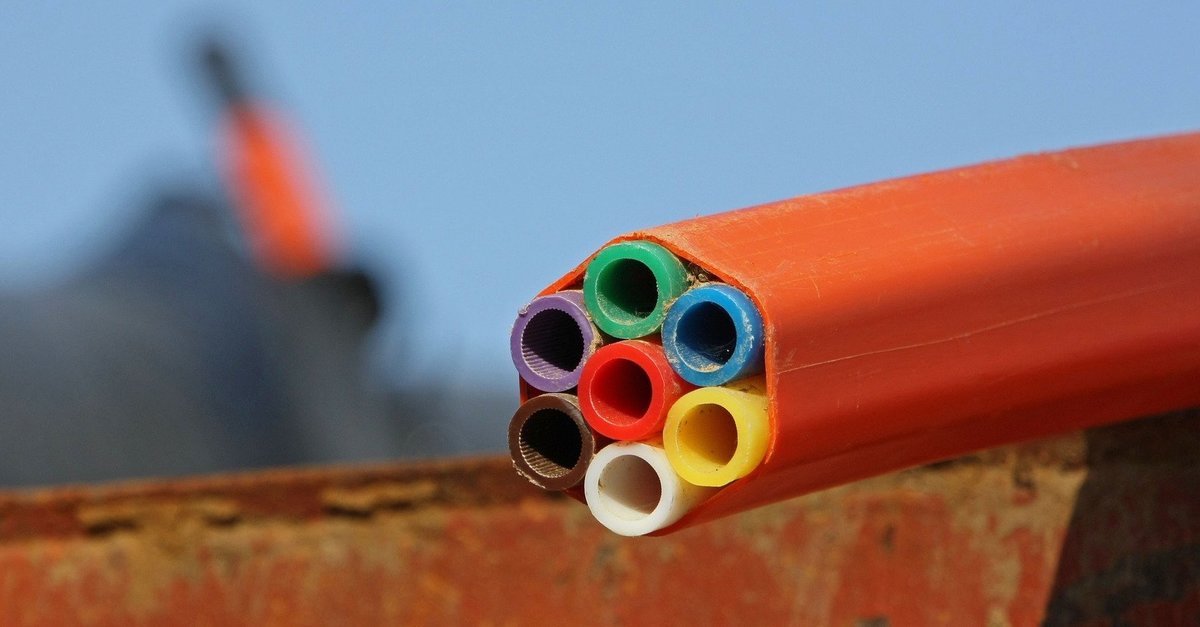Why the Germans are satisfied – wrongly
Many consumers are familiar with the problem with a slow internet connection. It is all the more remarkable that the Germans are quite satisfied with their Internet. There is sufficient cause for dissatisfaction.
To be satisfied is something nice, to be at peace with yourself and the external circumstances, to be relaxed. If one follows stereotypes, however, German citizens tend not to be known for it. The weather, for example, is a great niggle this summer too.
Germans are less satisfied with the Internet speed than other Europeans
The dissatisfaction is also evident in relation to the Internet in Germany, at least compared to other European countries: As from the Eurobarometer survey for electronic communication, are German consumers less satisfied with the quality and speed of their landline internet connection than the European average, both in upload and download.
Nevertheless, one cannot speak of dissatisfaction in Germany in general: at least 77 percent of respondents said they were satisfied with the download speed, when uploading it is 76 percent. The European average, on the other hand, is 81 percent for downloads and 82 percent for uploads. So the majority of us Germans are satisfied, but not as much as consumers in other European countries.
Can’t you rely on a fast internet connection? in the Video learn how you can at least improve your WiFi network:
When it comes to fiber optics, Germany is behind
That this discrepancy is hardly surprising is shown, for example, by comparing the OECD countries in terms of fiber optic expansion. Like from a current one Statista evaluation shows, Germany ranks with a Glass fiber content of less than 5 percent (As of June 2020) only 34th place – a certificate of poverty as it is in the book. With South Korea and Japan in places 1 and 2, Asian countries lead the comparison, followed by Lithuania, the first European country, in third place. There, fiber optics are already available for 75 percent of all stationary broadband connections. The Baltic States are well represented, as are the Scandinavian countries and many Eastern European countries.
If you look at the expansion rates in other European countries in comparison – in many places over half of all Internet connections are already over fiber optics – it is more likely amazing how carefree and satisfied many Germans are still online with slow lines.



